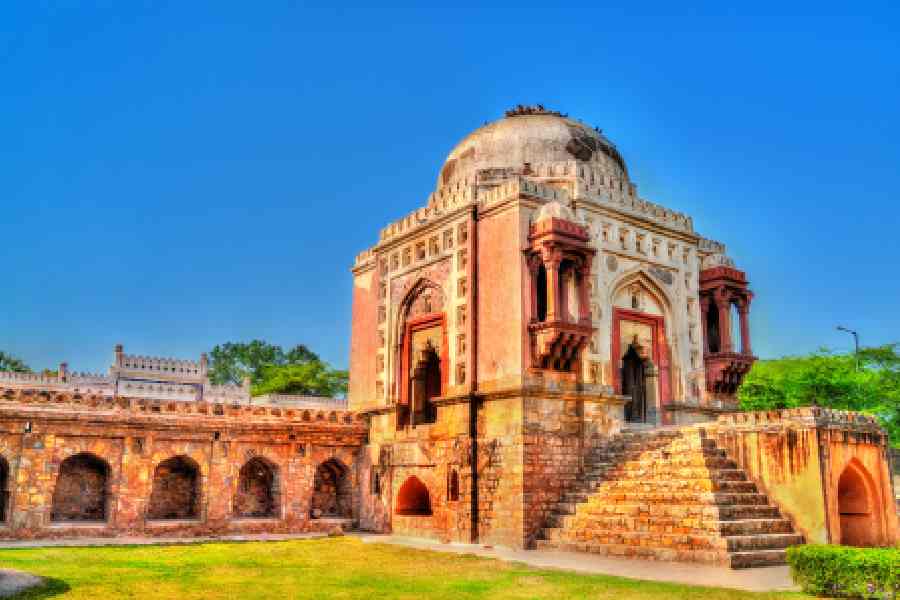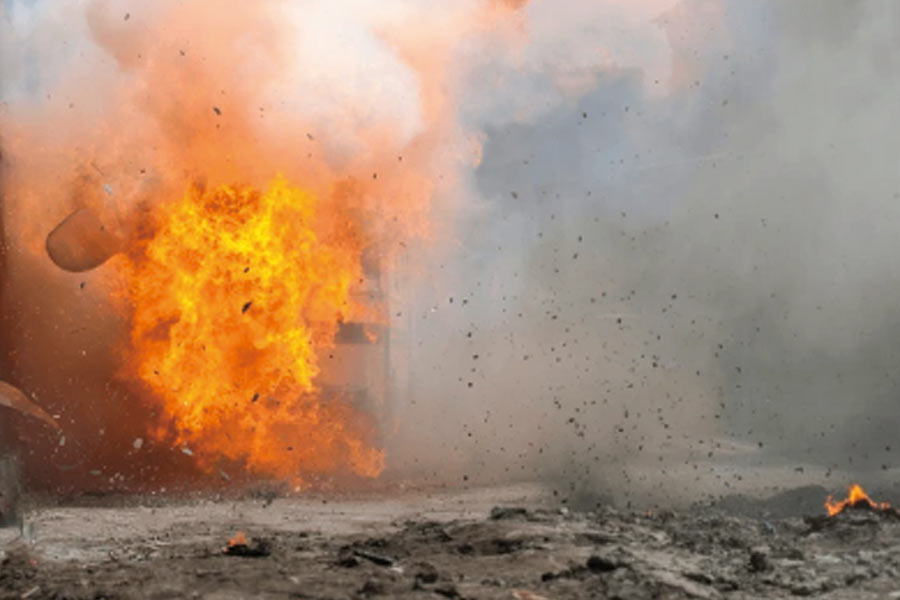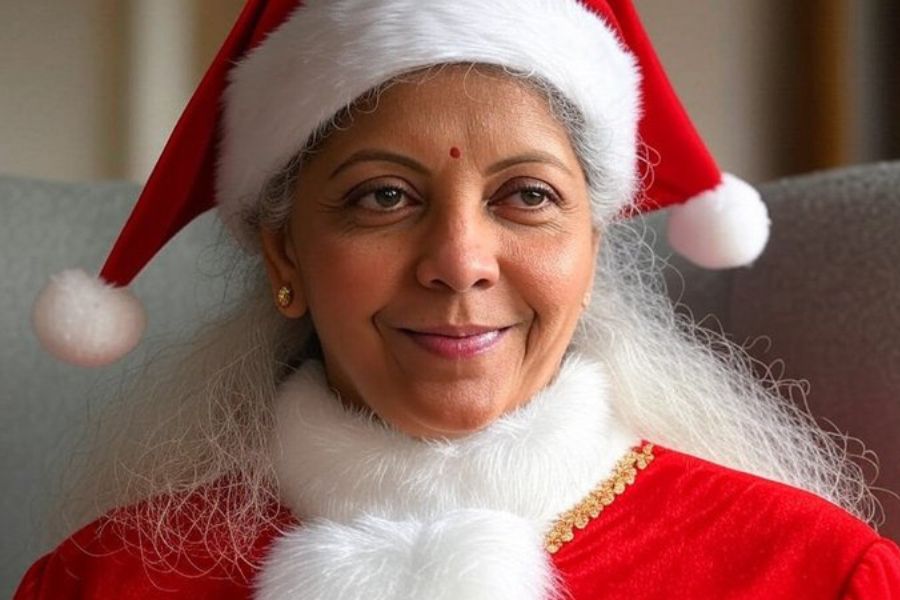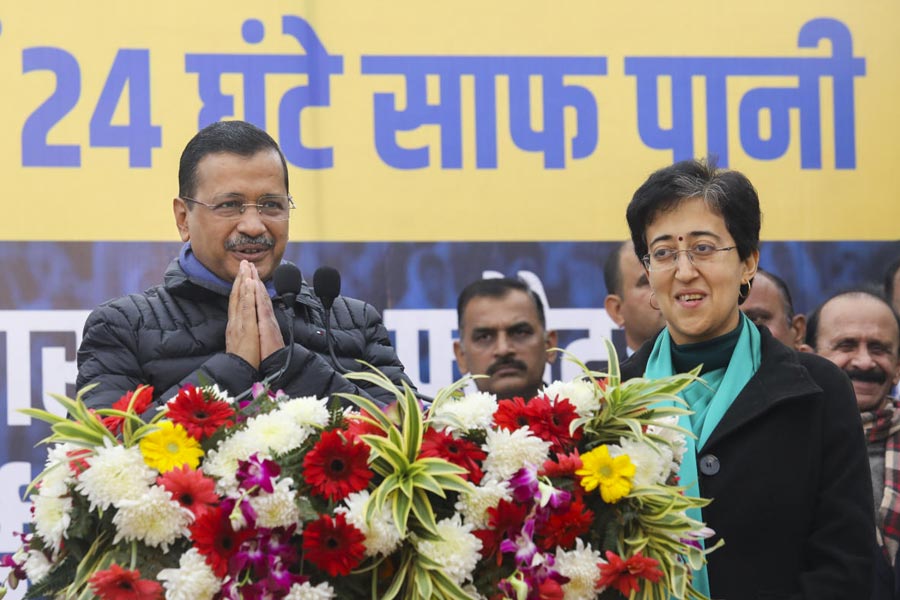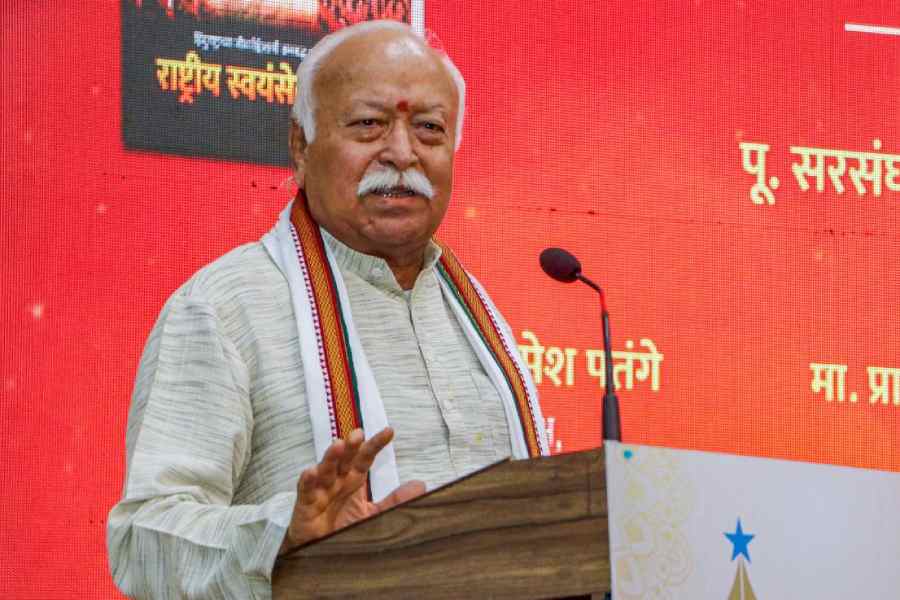India’s democratic framework is balanced on the separation of powers. The Supreme Court reiterated this in its hearing of the Uttar Pradesh government’s plea against the Allahabad High Court. The latter had given the state government numerous instructions for pandemic management and made uncomplimentary observations in this regard. The Supreme Court bench sitting on this case reportedly ruled that constitutional courts should be restrained regarding policy decisions. These are the executive’s domain and honouring the principle of separation of powers meant that the judiciary should not step into the executive’s territory. The Supreme Court, however, emphasized that the high court’s intention was not in question. The question was whether judicial interference was needed at all at the time of a crisis which the government and experts were supposed to handle.
This is a crucial question. In India, challenges such as the pandemic or those brought about by abuses of power have repeatedly blurred the demarcation between jurisdictions, often leading to complaints of judicial overreach from the executive. But the executive’s abdication of duty or its failures that affect citizens’ rights sometimes compel the judiciary to comment on policy. The Allahabad High Court was not the only court to rule on medical necessities. Although the Supreme Court said that high courts should not give orders that cannot be implemented, it had upheld against challenges certain orders of the high courts of Delhi, Gujarat, Calcutta and others regarding pandemic management. The ‘irrationality’ of the Centre’s vaccine policy had prompted the Supreme Court itself to address the issue because it infringed on the people’s right to health and equality. The Supreme Court judge, D.Y. Chandrachud, reportedly said in one context that if executive decisions on the pandemic infringe on the constitutional rights of the people, then the policy is amenable to judicial review. Perhaps this lies behind the Supreme Court’s reported advice to the UP government to cancel the Kanwar Yatra or to expect the court’s order. Even religious sentiments must be subservient to the health of citizens and their right to life: these hold primacy among the fundamental rights in the Constitution. That the Supreme Court took suo motu cognizance of the issue suggests that to maintain the separation of powers, each arm of democracy must execute its duty conscientiously and with full regard to the Constitution.







